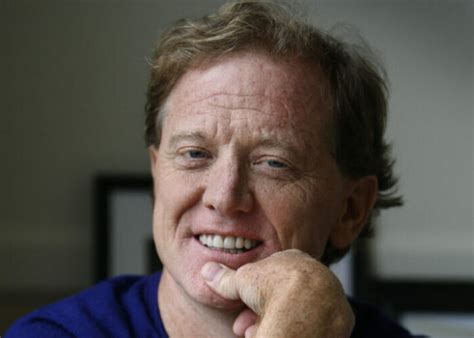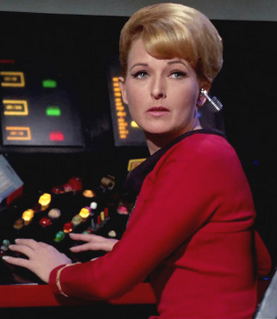A Quote by Kenneth E. Boulding
Don't go to great trouble to optimize something that never should be done at all. Aim to enhance total systems properties, such as creativity, stability, diversity, resilience, and sustainability - whether they are easily measured or not.
Related Quotes
The trouble is that Millennials and many recent products of the public schools believe that America was made great, if they're even taught that it's great, if they're taught that it's great, you know what they're told is the reason? Diversity. There's diversity all over the world. You can go to places where there is diversity out the wazoo, folks. You can go to places all over the place world and you can find the most diversity, you can find perfect diversity, however you find it. You will not find a United States.
The idea of sustainability can imply there is one perfect, unchanging future, if only we could work out how to get there. Resilience might be more useful, in that it assumes a dynamic environment and that perfection is impossible. You need to design systems to accommodate failure rather than eliminate it. By trying to be perfect, many visions of sustainability are quite brittle
The first step is to measure whatever can easily be measured. This is OK as far as it goes. The second step is to disregard that which can't be easily measured or to give it an arbitrary quantitative value. This is artificial and misleading. The third step is to presume that what can't be measured easily really isn't important. This is blindness. The fourth step is to say that what can't be easily measured really doesn't exist. This is suicide.
Resilience, timing, adaptation - these are the three pillars upon which the emergent properties of interacting systems rest. When the systems are the economy and the environment, understanding of the relationships among these concepts is crucial. This volume does a better job of explaining how to manage both money and nature to ensure humanity's long-term future than any other work I know of. Read and reflect.
There's a clarity that comes with great ideas: You can [easily and simply] explain why something's a great business, how and why it's cheap, why it's cheap for temporary reasons and how, on a normal basis, it should be trading at a much higher level. You're never sitting there on the 40th page of your spreadsheet, as Buffett would say, agonizing over whether you should buy or not.
Corporations, in the name of efficiency, suppress variation by "getting all the ducks in line."To optimize productivity, they evolve highly refined and internally consistent operating systems. Payoff - results - as long as the music lasts. But ... all that streamlining and re-engineering limits diversity, suppresses self-organization ... and curtails a bottom up emergent response to disruptive change.
To those who feel that their values are THE values, the less controlled systems necessarily present a spectacle of "chaos," simply because such systems respond to a diversity of values. The more successfully such systems respond to diversity, the more "chaos" there will be, by definition, according to the standards of ANY specific set of values- other than diversity or freedom as values. Looked at another way, the more self-righteous observers there are, the more chaos (and "waste") will be seen.
He [Bernardo Bertolucci] has the kind of talent that breaks one's heart: where can it go, what will happen to it? In this country we encourage 'creativity' among the mediocre, but real bursting creativity appalls us. We put it down as undisciplined, as somehow 'too much.' Well, Before the Revolution is too much and that is what is great about it. Art doesn't come in measured quantities: it's got to be too much or it's not enough.



































